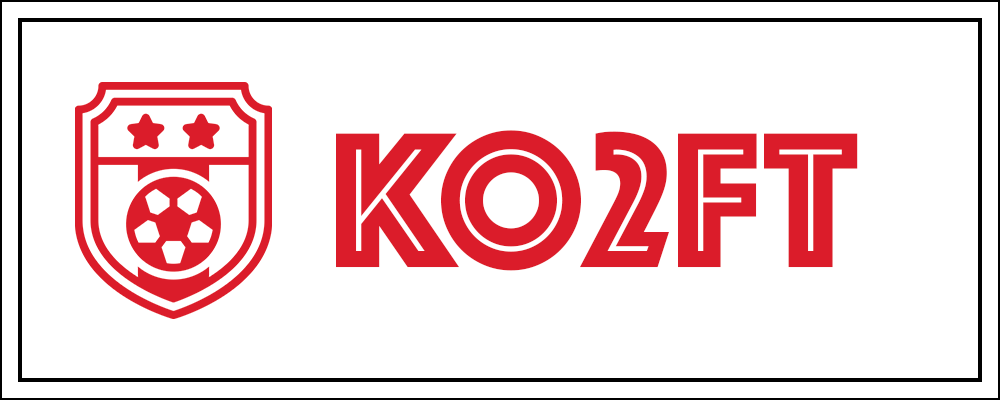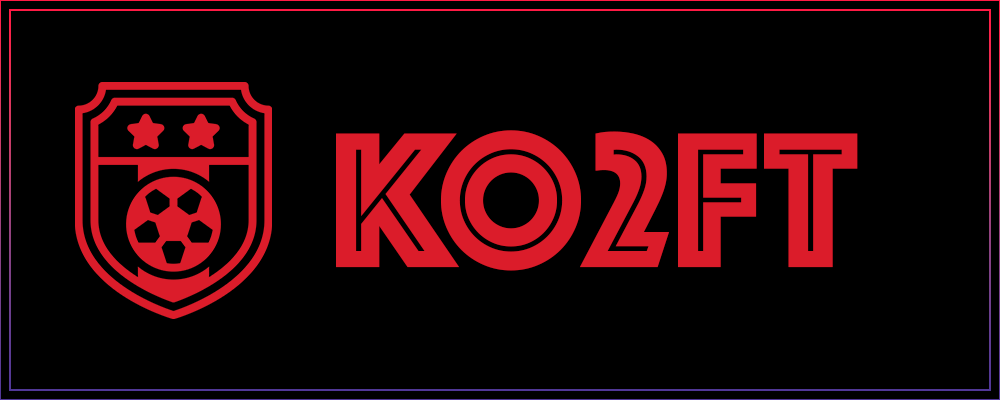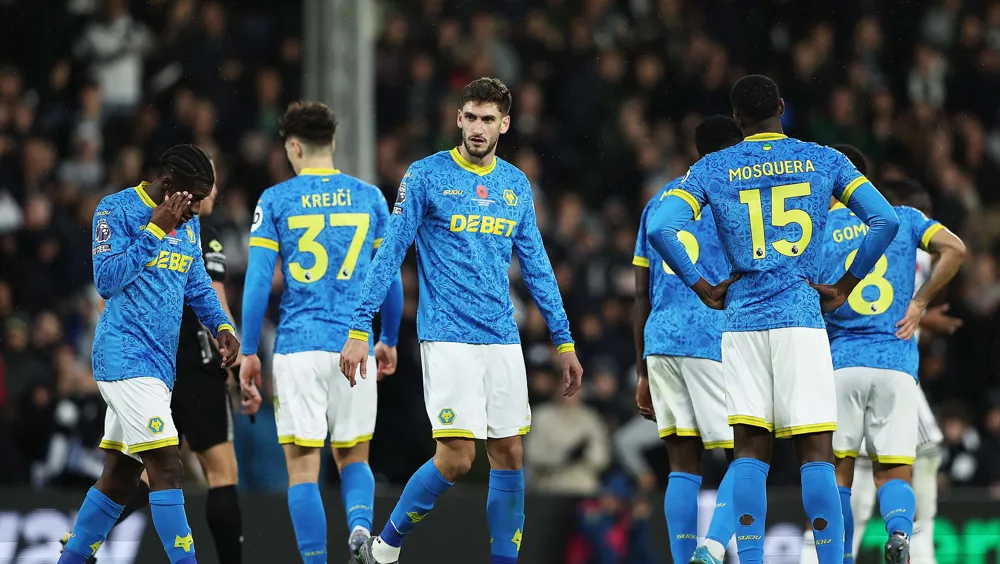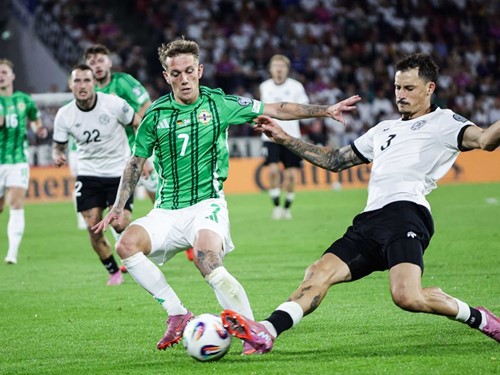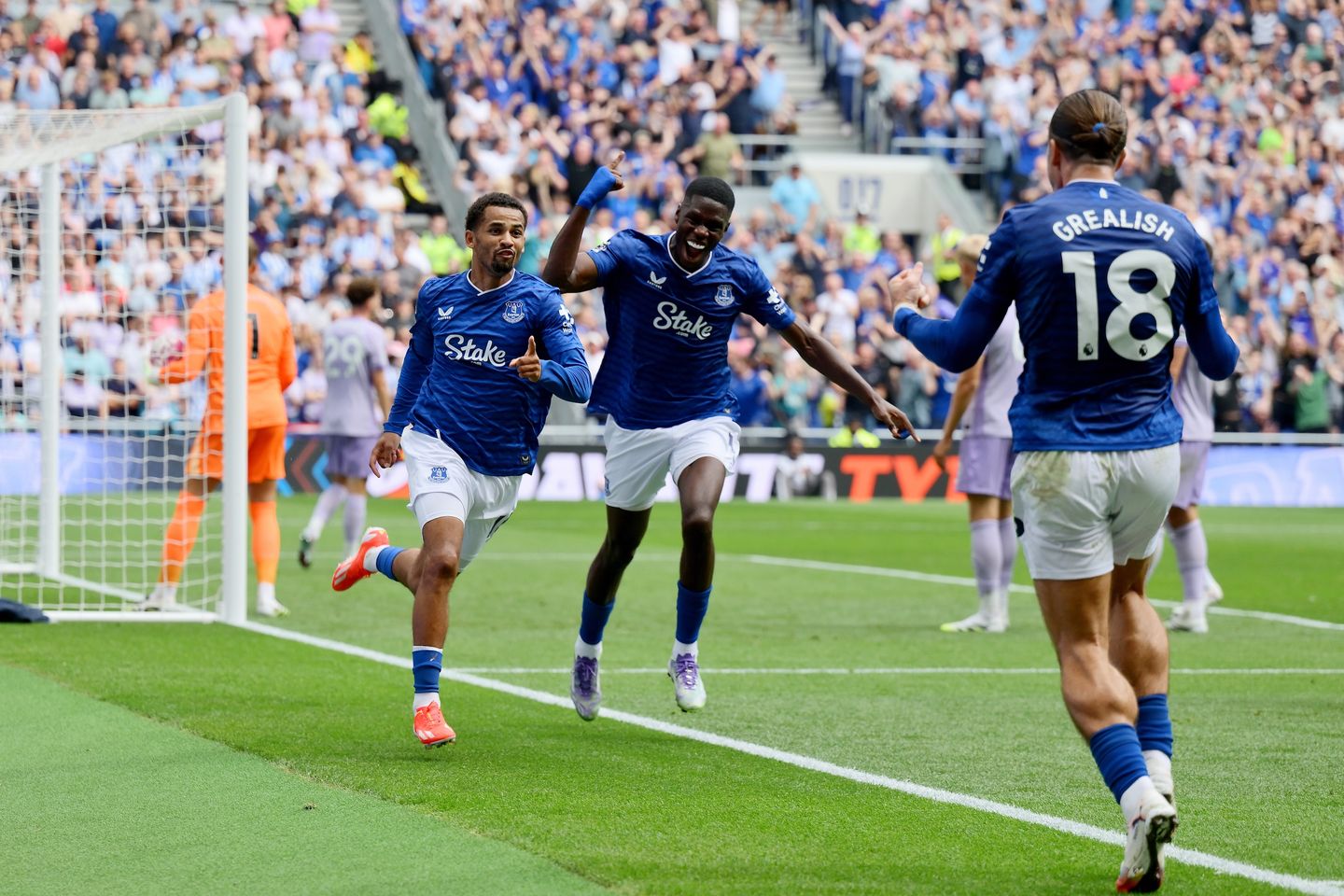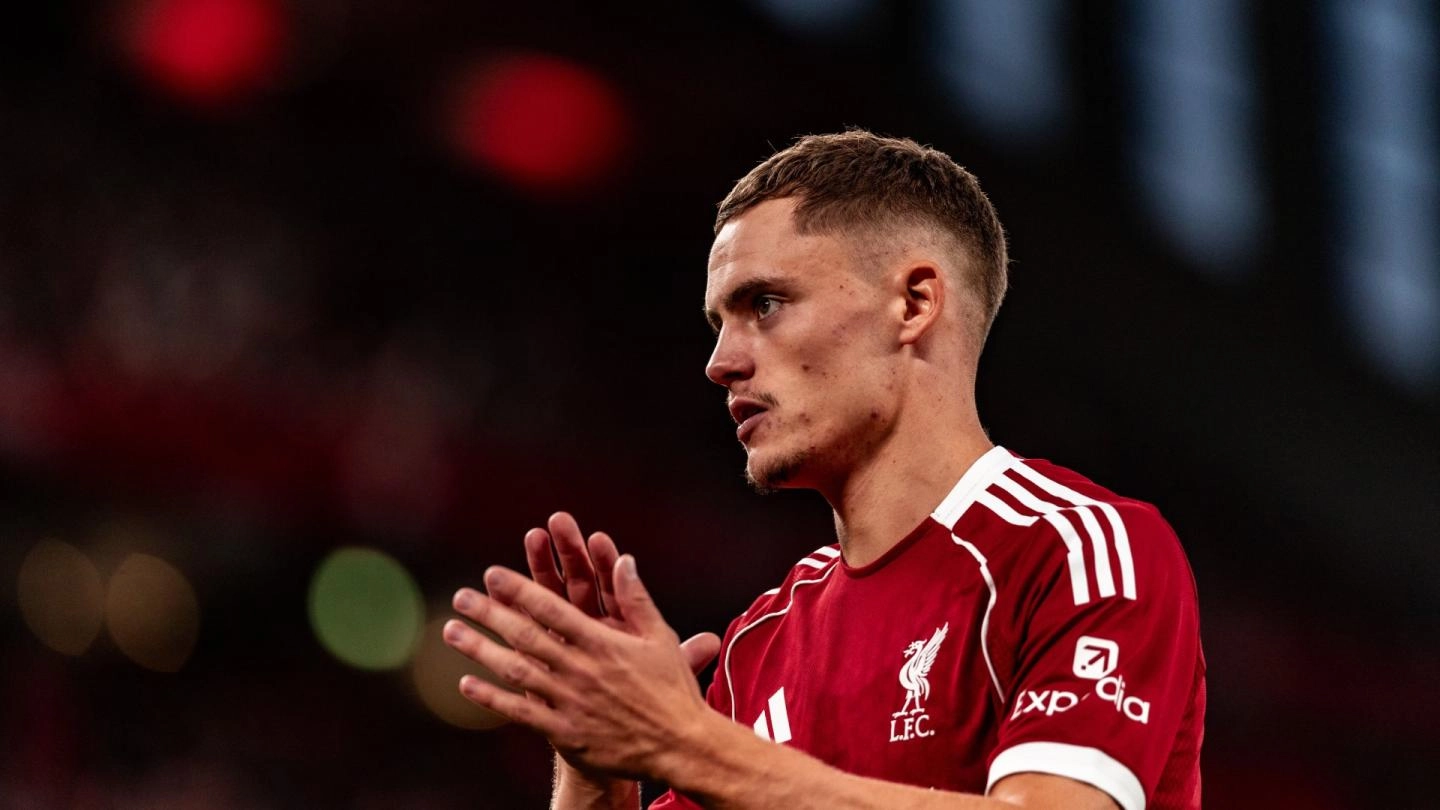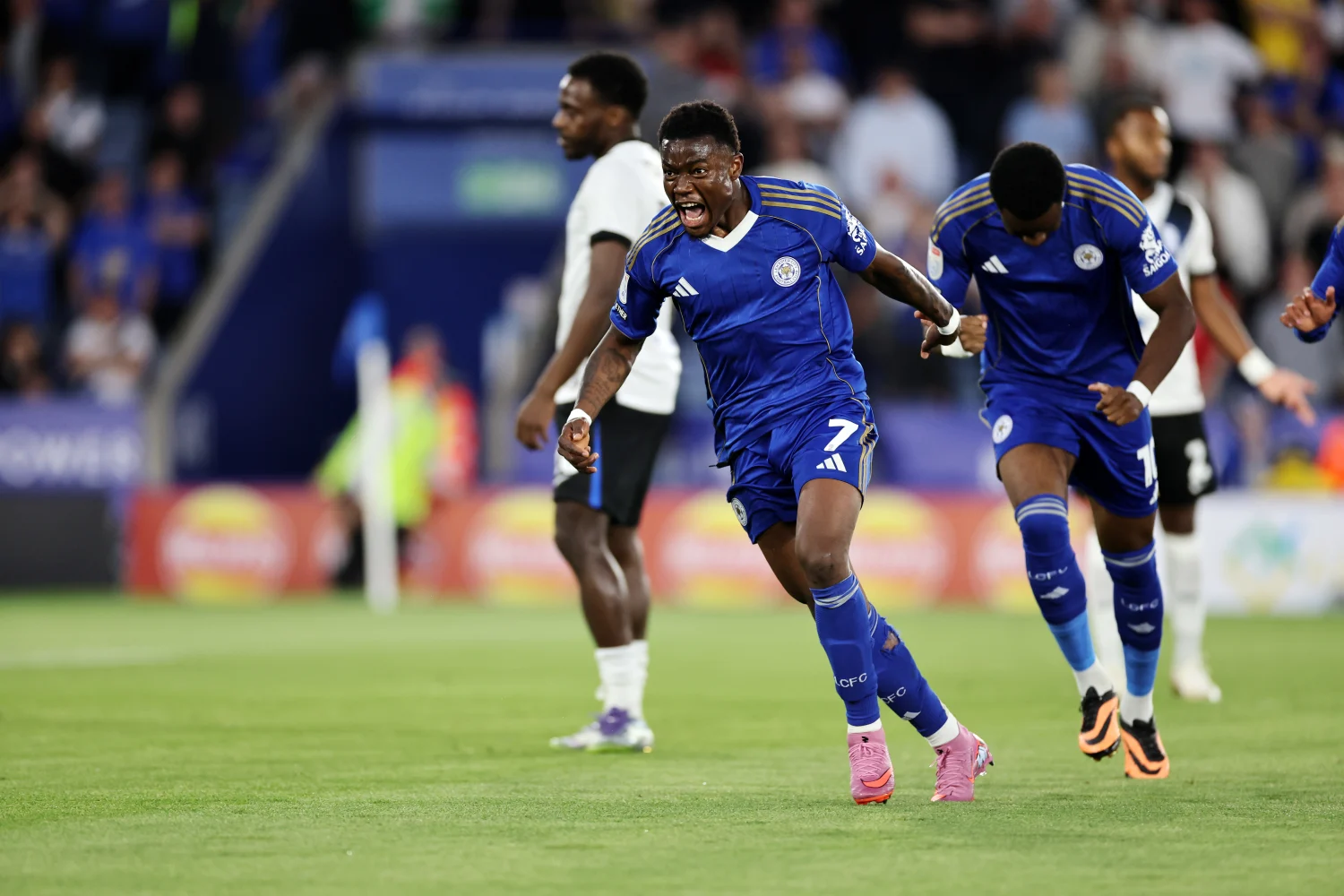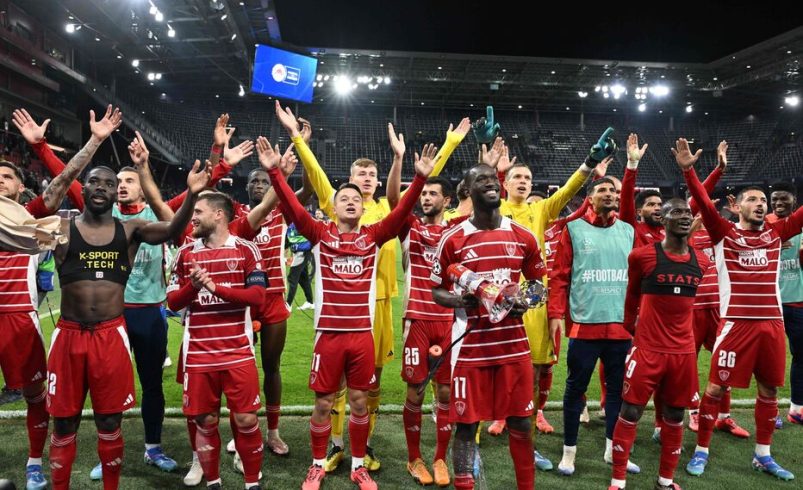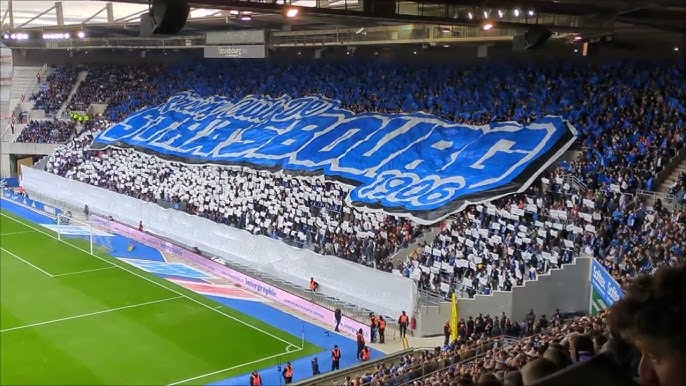The North-West of France has always boasted a rich tapestry of footballing history, thanks to the likes Stade Rennais- who have produced and developed such talents as Ousmane Dembele, Eduardo Camavinga, Franc Ribery and Petr Cech- and eight time French champions, Nantes.
However, as the latter continues to struggle in the lower end of Ligue 1 and the former battles to replicate some of the success enjoyed in the past 5 years that has seen them qualify for European football, a new and often ignored side has climbed the table and asserted themselves as one of the best teams in France, and one of the most feel-good stories in European football: Stade Brestois 29.
A 3-0 victory on the final day of the 2023/2024 Ligue 1 season against Toulouse on May 19th earlier this year saw the French outfit quality for the Champions League, the first European competition the club has qualified for in its history.
But this was never the aim for them, despite what manager Éric Roy may have joked about in press conferences at the start of last season. The priority for Brest was always clear: survival in the league.
A rough period for the club began in 1991, when they suffered the embarrassment of relegation due to financial problems. By 1993, despite restoring their old name, Brest found themselves in the third tier of French football, before dropping to the fourth tier in 1997. They returned to the third tier in 2000, before tasting promotion again to the second tier in Ligue 2 in 2004.
After six years there, they would make their return to the first division after 17 hard years away in 2010, finishing 16th in their return to the top flight.
Brest would continue to yo-yo between divisions from here though, returning to Ligue 2 in 2012 before returning to Ligue 1 once more in 2019, where they have remained ever since.
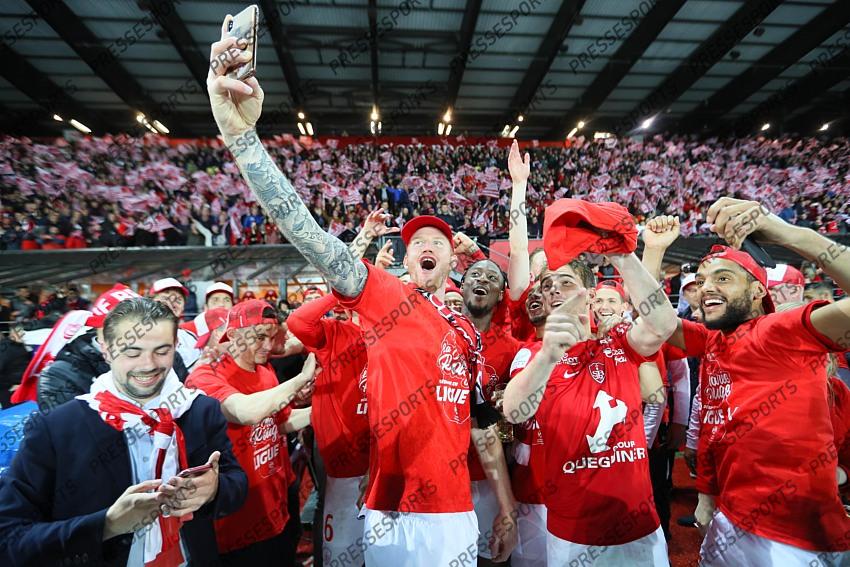
The rebuild of Brest as a solid Ligue 1 side wasn’t performed on a strong budget, a challenge that always made sporting directors Grégory Lorenzi’s job much harder. They’ve spent just under 50 million euros across 6 windows, equating to an averge spend of 8.3 million euros per window since then. Alternatively, they’ve sold 57.8 million euros worth of players, including the likes of Romain Faivre, Ibrahima Diallo and Romain Perraut.
Lorenzi was all to familiar with this though before taking the reigns as sporting director, a role he only took as it was club president Denis Le Saint who pleaded him to join him behind the scenes. The Frenchman made 109 appearances for the club (as per Transfermarkt) and understood the financial constraints surrounding the club.
Les Pirates were working with just 5% of PSG’s wage budget last season, which despite the Parisian side’s vast riches still makes their 3rd place finish all the more impressive, and remains as such limited funds compared to their French compatriots who are also taking part in the 2024/25 Champions League campaign.
The economic hardship felt in the past, present and probable future reflects the same struggles the city of Brest has faced historically. During World War 2, 80% of Brest was bombed out, and a large scale reconstruction took place after the war. This has led to criticism of the city, who’s looks are still characterised by basic grey architecture that has struggled to upgrade since the early 1950’s.
What critics fail to realise is Brest is a city with a deep working class history, where collaboration and hard work has continued to characterise its culture. This is represented in how Stade Brestois 29 came to form, made up of 5 teams that combined to form the club that plays today.
It’s critics has also led a feeling of difference and otherness in the city, as people resonate with their own unique culture rather than the culture of Brittany. This has helped develop a very open, honest, and grass-roots feel to the club that recognises the fans. This has led to a positive fan culture where a true togetherness is present on and off the pitch, which spreads that beloved ‘family-feel’ to the club’s culture.
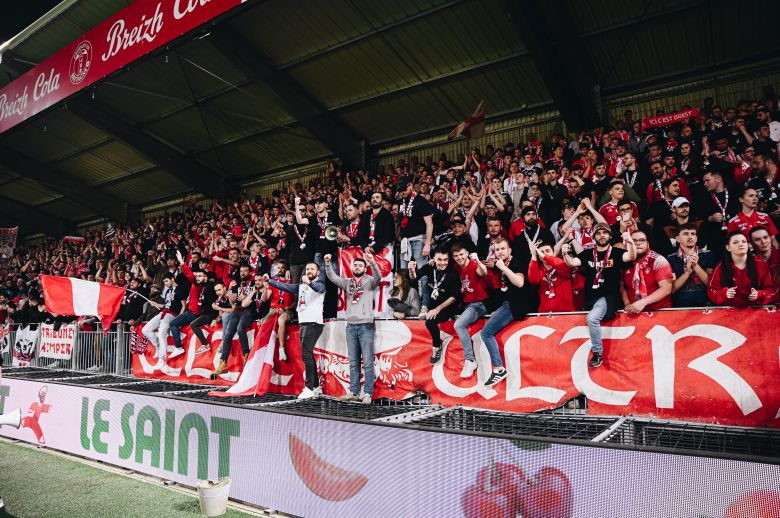
It’s a culture that welcomes anyone with open arms: which may be why current manager Eric Roy was able to settle in Brittany so easily. When he was appointed in January 2023, eyebrows were raised as the Frenchman hadn’t managed in 11 years, taking time away from the touchline to work behind the scenes as sporting director at the likes of Lens and Watford.
However, the start of the 2023/24 season saw Brest off to a flyer, and after going on a 13-game undefeated streak in the league between November 26th and March 9th (eventually losing to Lens), the belief in European qualification really started to garner around the club.
Fast forward to today, where despite currently sitting 11th in Ligue 1, they sit 7th in the new look Champions League table, taking 13/18 possible points with 2 more games to play. This won’t change the outlook of anyone at the club, though: the goal is always survival in the league.
This honest attitude will guarantee the charm that Brest possesses will continue to mean that, even if they have to continue to sell their best to continue to build, the footballing world will continue to smile when they hear of Stade Brestois 29. Even if that is a childish smirk when they hear their nickname.
